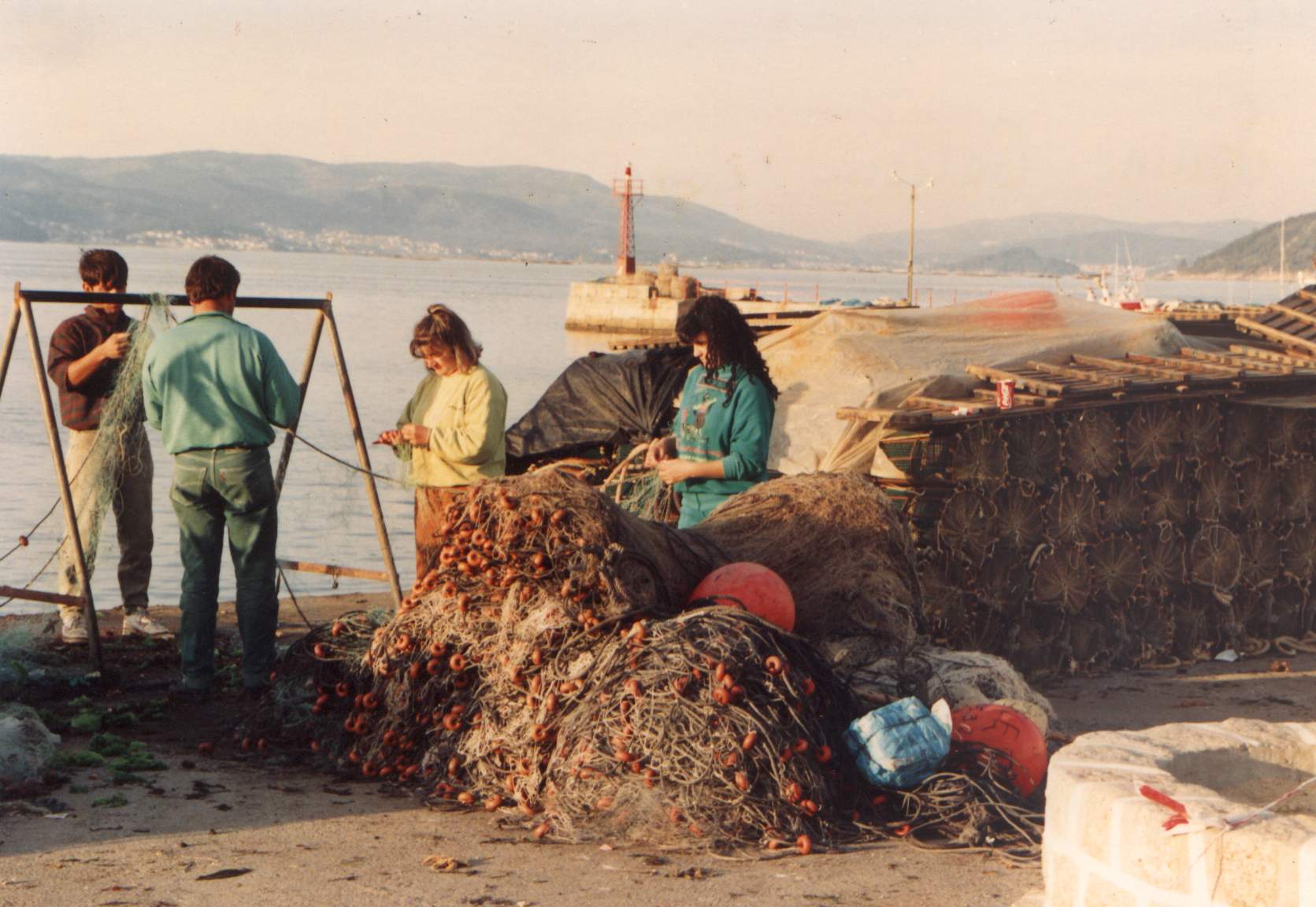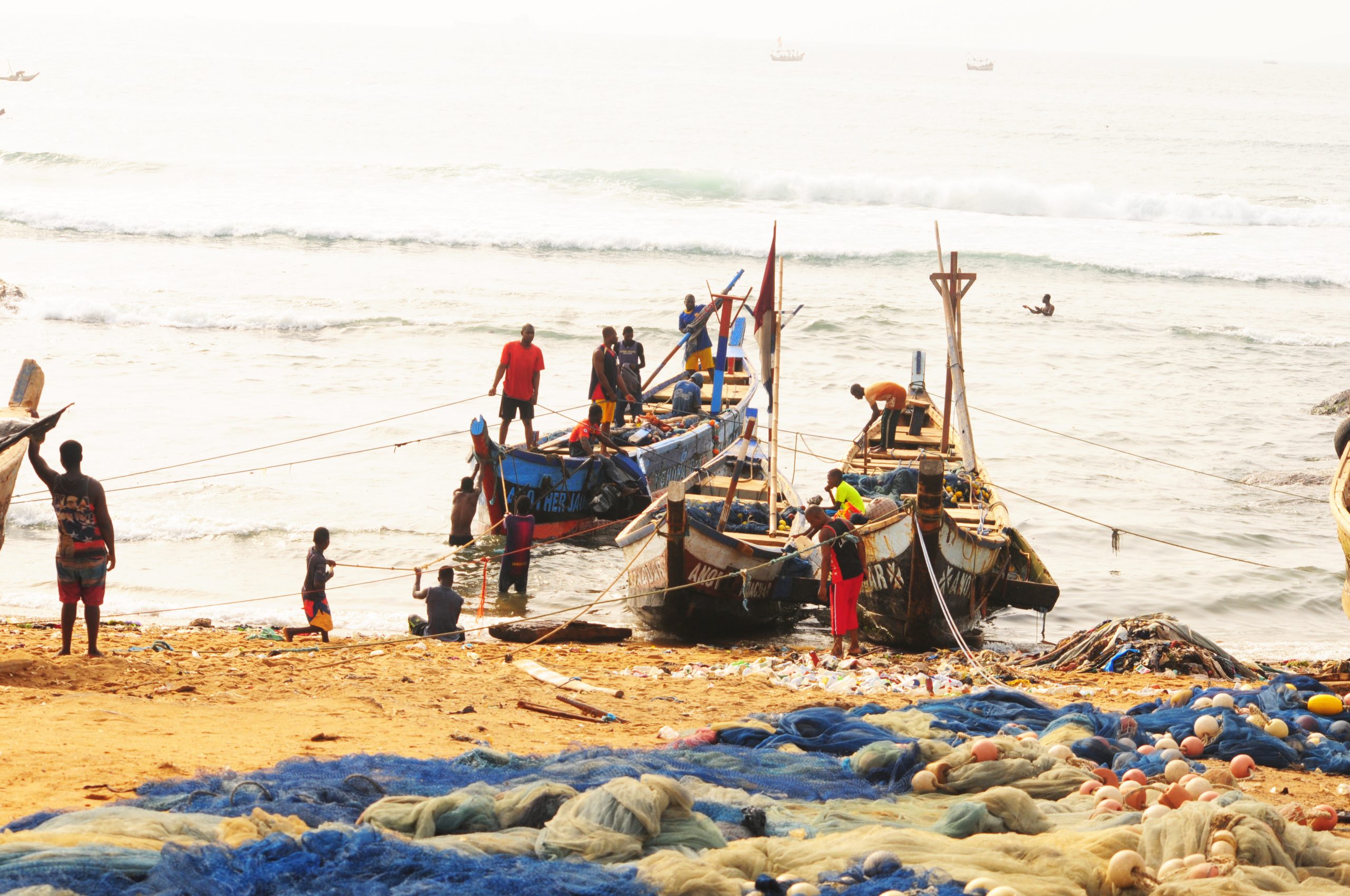Small-scale and artisanal fisheries contribute about half of global fish catches and employ millions of people. They are often rooted in local communities, providing food security and nutrition, reducing poverty. At a time of great environmental crises, small-scale fisheries provide hope. Yet their interests and contributions are often overlooked.
This gap was finally filled in 2014 in a watershed moment: the UN’s Food and Agriculture Organization (FAO) endorsed the ‘Voluntary Guidelines for Securing Sustainable Small-Scale Fisheries in the Context of Food Security and Poverty Eradication’ (SSF Guidelines). It is the only international instrument dedicated to small-scale fisheries. This set of guidelines directs policy, from the local to the international levels, to support and promote the sub-sector.
The SSF Guidelines provide representation to the marginalized. For their secure tenure over fishing resources and space; for decent conditions of work; for the social development of fishing communities; gender equity and equality; for balancing universal human rights while respecting local conditions and traditions.
It resulted from a long-drawn democratic campaign. In the 1980s, small groups of fishers began voicing their concerns about the social and environmental crisis caused by industrial fishing across developing countries. They began collaborating. ICSF resulted from such partnerships.
The Rio declaration of 1992 had recognized the rights of traditional fishers and their contributions. In 1995 FAO adopted the Code of Conduct for Responsible Fisheries (CCRF). It recognized the contributions of artisanal fisheries, recommending their preferential access to fishing resources. FAO organized its first global conference of small-scale fisheries in Thailand in 2008.
Thereafter, several workshops hosted over 4,000 participants from 120 nations. In 2011, FAO’s Committee on Fisheries (COFI) recommended an international legal instrument to safeguard the rights of small-scale, artisanal fishers. The next two years were a participatory effort to create a consensus and agree on a final text. The SSF Guidelines were endorsed in June, 2014. The challenge now is for all stakeholders to implement the SSF Guidelines.
For more information, visit https://sites.google.com/site/ssfguidelines/home and https://sites.google.com/site/smallscalefisheries/





